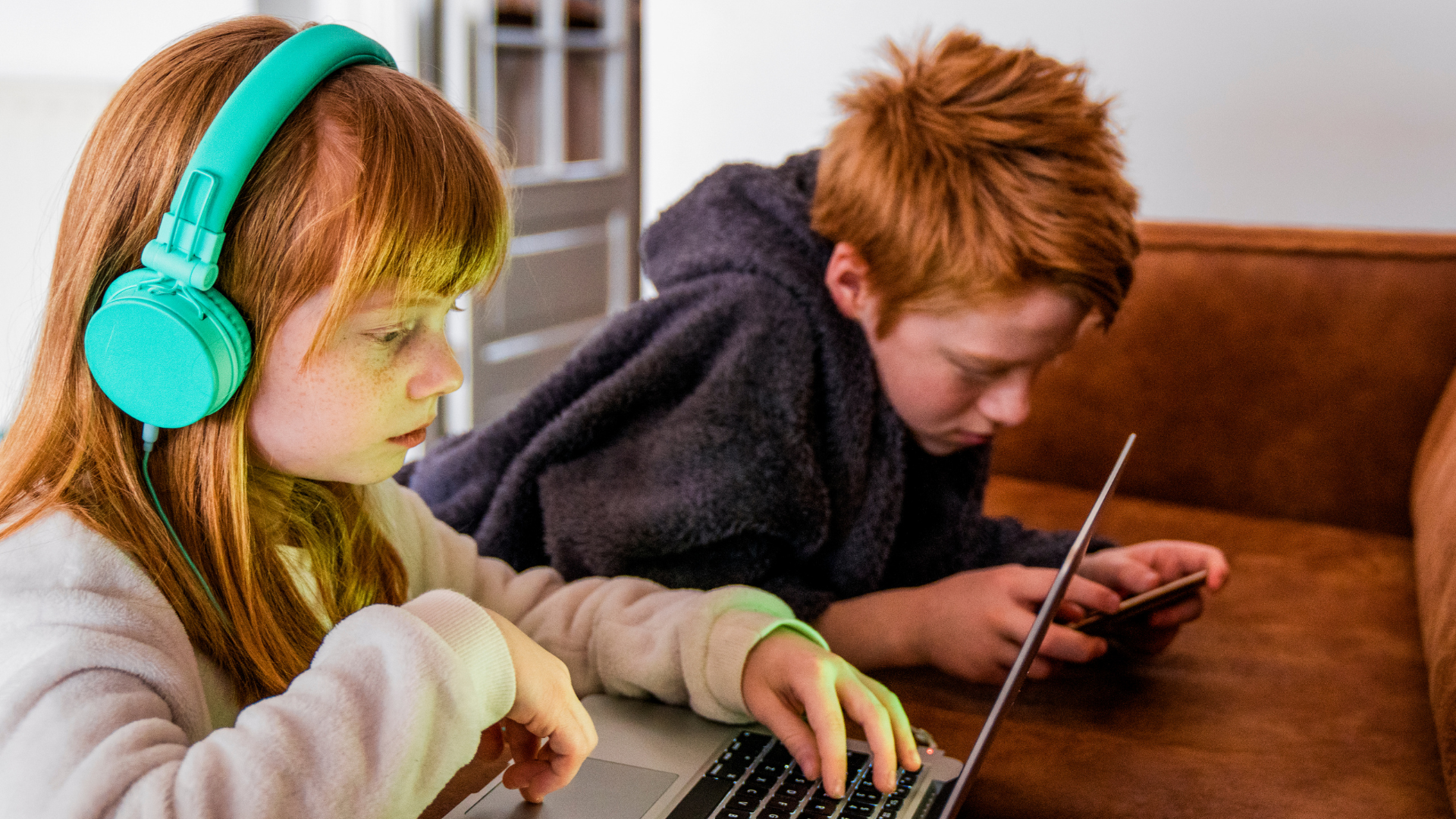In today’s digital age, internet safety for small kids has become a crucial aspect of parenting. As children increasingly access online content for learning and entertainment, ensuring they navigate the web safely is paramount. Understanding the risks associated with internet use, such as exposure to inappropriate content, cyberbullying, and online predators, is essential for parents to protect their children. By educating kids about these dangers and implementing safety measures, parents can create a secure online environment.
Teaching involves a combination of guidance, supervision, and the use of technological tools. Parents should establish clear rules for internet usage, such as time limits and approved websites, and regularly monitor their children’s online activities. Utilizing parental control features and encouraging open communication about online experiences can further enhance safety. By taking these proactive steps, parents can help their children enjoy the benefits of the internet while minimizing potential risks.
1. Talk To Adults

It’s important to understand that encountering disturbing content online can happen to anyone, especially kids. If you see something scary or disturbing, close the website, app, or video immediately, and tell your parents or a trusted adult. This way, you can receive the support and guidance you need to handle such situations. Open communication about online safety is crucial for your protection, and parents play a vital role in ensuring kids navigate the internet securely.
Furthermore, discussing upsetting online content with your parents can create awareness and educate other children about internet safety. Sharing your experiences can alert your friends to potential online dangers and encourage them to speak up if they face similar issues. This collective awareness helps build a safer online community. Remember, it’s always good to talk to adults about any online experiences that make you uncomfortable.
2. Be Nice

Being nice online is as important as being kind in real life. Treat others with respect and empathy, just like you would face-to-face. Polite behavior when chatting, commenting, or playing games can make the internet a positive space for everyone. Reporting cyberbullying to adults can help create a safer online environment. Spreading kindness online promotes a friendly and supportive digital community, which is essential for positive internet experiences.
Additionally, practicing kindness online helps develop valuable social skills. Respecting others’ opinions, showing empathy, and understanding different perspectives can lead to meaningful connections. By setting a positive example, you encourage your peers to follow suit, significantly reducing negative behavior online. Remember, your actions online have a lasting impact.
3. Be Suspicious

Developing a critical mindset is essential for safe internet browsing. Always question the reliability of online sources and cross-check information before accepting it as truth. If something seems off or too appealing, consult your parents or teachers. They can help you discern credible information from scams. This cautious approach protects you from misinformation, phishing attempts, and malware. Being suspicious doesn’t mean you can’t enjoy the internet; it means you use it wisely.
Recognizing red flags like sensational headlines, requests for personal information, and unsolicited messages is crucial. Stay vigilant and informed to avoid scams and enjoy online resources. Building a safe and productive online presence ensures your internet experience is enriching and secure.
4. Be Careful With Strangers

Building online friendships can be fun, but maintaining caution is essential. Not everyone online has good intentions, and some may pretend to be someone they’re not. Always be cautious about sharing personal details with online friends and never agree to meet someone in person without your parents’ knowledge and approval. Your safety is the priority, and maintaining boundaries with strangers online is crucial.
If you ever feel uncomfortable or pressured during an online conversation, talk to your parents immediately. They can guide you on handling the situation and ensure your safety. Keeping an open line of communication with your parents helps you navigate online interactions confidently and securely. Remember, it’s better to be safe and cautious than to regret sharing too much information.
5. Don’t Share Private Content

Your personal information is valuable, and keeping it secure is crucial. Details like passwords, home addresses, and phone numbers should only be shared with your parents. Avoid sharing this information with anyone else, even friends, to protect yourself from identity theft or online dangers. If someone gains access to your login details, they could misuse your accounts and compromise your safety.
Creating strong, unique passwords for each of your accounts is essential. Ask your parents for help in setting up secure passwords and storing them safely. Taking these precautions ensures you can enjoy your time online without worrying about security breaches. Always remember that your privacy is your right, and safeguarding it is essential for a safe online experience.
6. Avoid Too Much Screen Time

Balancing screen time with other activities is important for your health. Too much screen time can lead to issues like eye strain and sleep problems. Make sure to take regular breaks and engage in offline activities such as playing outside, exercising, and spending time with family and friends. Agree on screen time limits with your parents to ensure a healthy balance.
Setting designated times and places for device use can also help manage screen time effectively. For instance, keeping devices away from the dinner table and bedrooms can promote better family interactions and sleep hygiene. Establishing these habits early helps you develop a healthy relationship with technology, ensuring it enhances your life without taking over.
7. Share With People You Trust

When it comes to sharing photos, be cautious about who can see them. Only share personal photos with family members and trusted friends. Avoid sending pictures to strangers, as this can lead to misuse or unwanted attention. Always ensure you are fully clothed in photos to protect your privacy and dignity.
Respecting others’ privacy is equally important. Never post pictures of others online without their permission, as this can infringe on their privacy and lead to unintended consequences. Being mindful about sharing photos helps maintain a safe and respectful online environment for everyone. Always think twice before hitting the share button to ensure you are protecting yourself and others.
Lead your way to us ezroots.in
